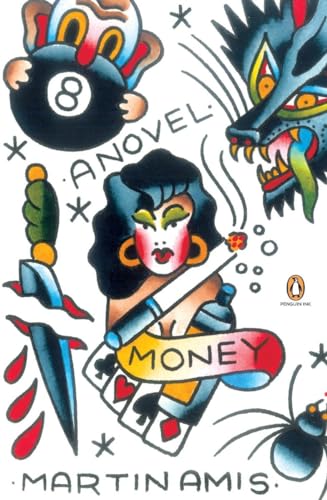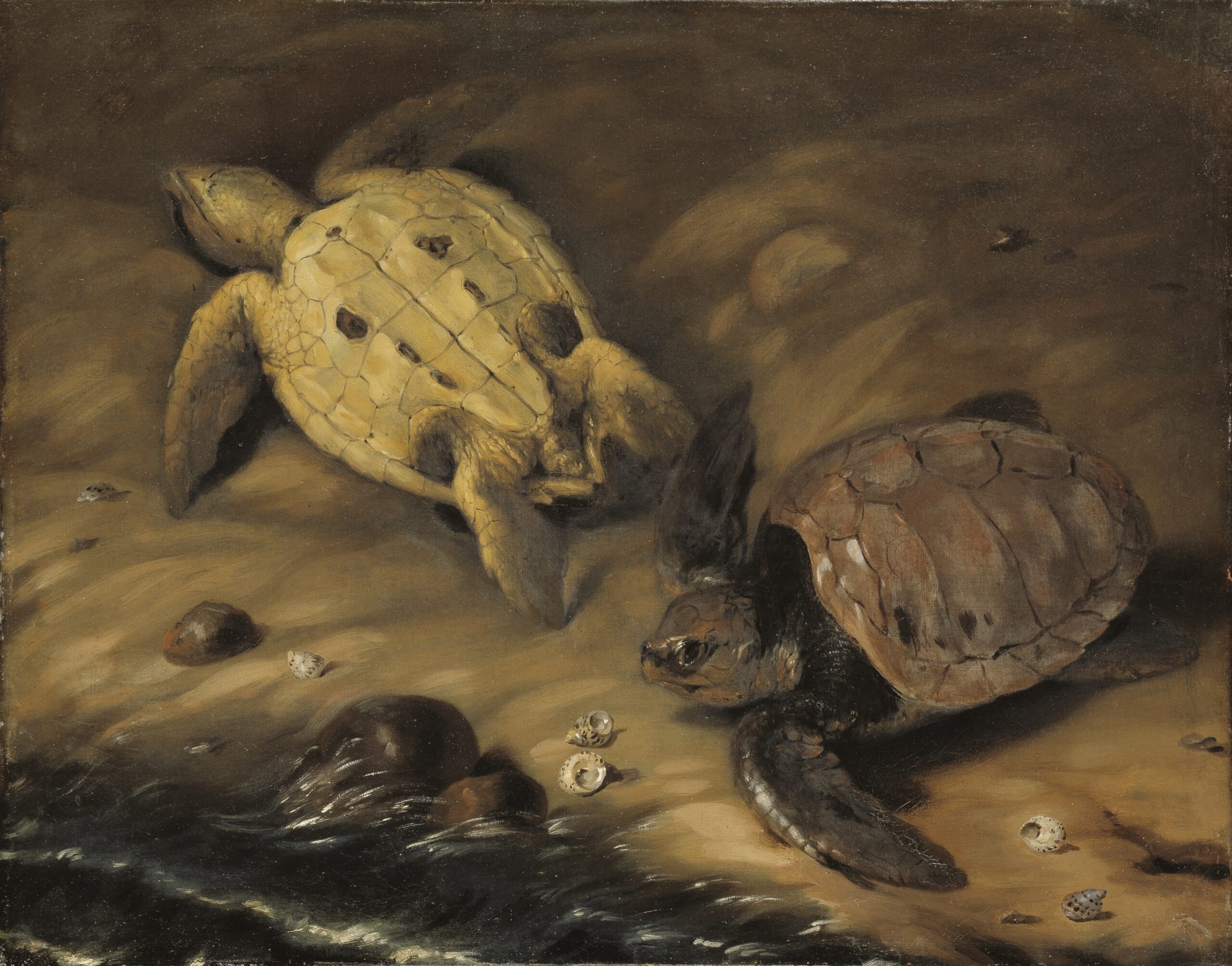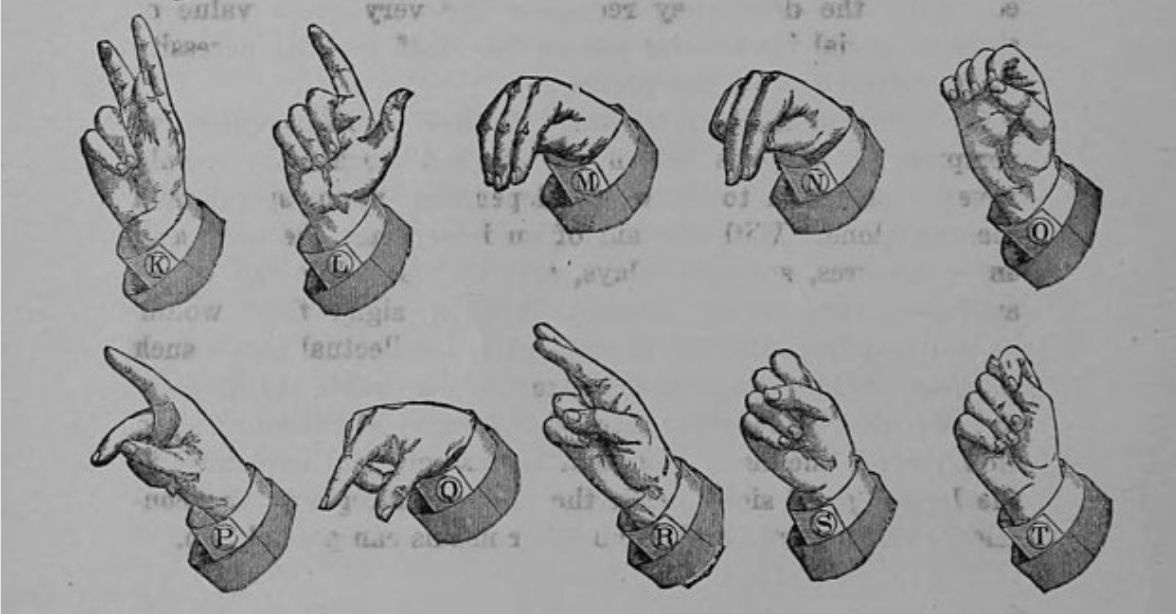It’s hard to say if there was ever a golden age for word coinages. Maybe Elizabethan England – when news items were tidings, a thief was a cutpurse, and a prostitute was a jade or a bawd. Maybe the time between the world wars, when H.L. Mencken coined booboisie (middle-class philistines) and Sahara of the Bozart (the culturally arid southern states), and W.J. Cash referred to tobacco baron Buck Duke’s university in North Carolina as a Babbitt factory. Or maybe the Second World War, which inspired such sterling coinages as gung ho, flak, gizmo, and hit the sack.
While it may be impossible to pinpoint a golden age, I’m convinced we’re living in an age when the art of coining words has been criminally debased. This may be the fault of technology, with its tendency to reduce language to byte-sized morsels. Or it may be the fact that millions of people now do their writing on tiny screens, using their thumbs, which has given us such dross as LOL, WTF, and OMG! Or maybe we’re so overloaded with information that our imaginations have simply gone AWOL. Whatever. Here, in alphabetical order, is a glossary of a few popular contemporary coinages, only one of which can hold a candle to booboisie or Babbitt factory:
Brand – A former noun that has become a verb, meaning to establish an instantly recognizable identity that can be used to make money out of nothing.
The Kardashian sisters branded themselves as glamor queens. The success of its men’s basketball team helped Duke University brand itself as a “work hard, play hard” school. And in a wonderful Mobius strip of marketing, the internet search engine Google has branded itself so successfully that the brand itself has become a verb.
Gone are the days when companies like Xerox ran expensive ads beseeching people not to use their company name as a verb, as in, “Miss Smith, please xerox this contract.” Steve Ballmer, the chief executive of Microsoft, said the name Bing was chosen for the company’s new search engine because it “works globally” and has the potential “to verb up” – which is what arch-rival Google did long ago. In Ballmer’s dream world, people will bing the hottest new restaurant. When they do, he’ll know he didn’t merely brand, he verbed up.
Fall In Love – Become enraptured by a piece of writing.
I have lost count of the rejection letters I’ve received from editors who returned a manuscript to me with apologies that they just didn’t fall in love with the writing. It’s maddening! I didn’t send them my manuscript hoping they would want to have sweaty sex with it; I sent it to them hoping they would pay me money to publish the thing so I could afford to write another one. Keep it in your pants, publishing people!
Fracking – Short for hydraulic fracturing, a brutal, environmentally hazardous method of extracting natural gas from shale deposits.
This magnificent coinage – by far the best on this list – has onomatopoeia working in its favor: the word’s hard “k” sound makes it possible to hear the shale shattering as the drill bit chews through it. I didn’t appreciate just how appropriate the word’s ugliness is until I spent a night in the shale fields of western Pennsylvania while on a newspaper assignment. My motel’s parking lot was full of heavy equipment used by fracking crews, including big vehicles called “brine trucks.” Fracking, as I later learned, requires massive amounts of chemically treated water, known as brine (a nice coinage in its own right). The motel’s hallway carpets were dark and greasy from the mud and oil the workers tracked in from the fields. The doorknobs were slippery. The place felt soiled. To my relief, the motel’s tap water did not ignite when I held a match to it. Even so, I checked out of that place early the next morning.
Illiquid – The state of a financial investment when it is not available for redemption or withdrawal.
I came upon this horror while researching a magazine article about a resident of the Dakota apartment building in New York City who is suing the co-op board for racial discrimination. The plaintiff owns a financial services company that had accepted $100 million in investments from several Louisiana pension funds. When the directors of those funds tried to withdraw their money, they learned that the financial services company was bankrupt. The company’s lawyer said the company had “long-term” horizons and therefore, according to the New York Post, “time was needed for its illiquid investments to reach their true value.” That’s a fancy way of saying nonexistent investments.
Interdisciplinarity – Inquiry across academic disciplines.
At Buck Duke’s Babbitt factory in Durham, N.C., this clumsy word is clattering off many tongues, as in this sentence from Duke University’s website: “In the most recent university strategic plan, ‘Making a Difference 2006.’ interdisciplinarity, or ‘inquiry across disciplines,’ was reaffirmed as an integral part of the university’s identity.” Such coinages are the result of the impulse, common in academia, to replace perfectly serviceable simple words with one big fat important-sounding lump of bombast. Americans should leave this dubious art to the Germans, who are much better at it than we are. Consider the German word Donaudampfschifffahrtsgesellschaftskapitän, which translates as River Danube Steamship Society Captain. Those Germans are unrivaled masters of the verbal train wreck.
Man Camp – Temporary housing for oil workers, frequently grody.
I was introduced to this coinage by an article about oil workers that appeared in Men’s Journal. The writer, Stephen Rodrick, takes readers on a tour of an oil boomtown called Williston, N.D.: “See the Wal-Mart on the left? The cops swear rumors of man-rape among the parking-lot transients is just filthy gossip, but the boardinghouse truck drivers say it happened…. On the right, rows and rows of Quonset huts make up ‘man camps’ housing thousands of workers, the lucky ones who don’t have to sleep in their cars.”
New Normal – A term for increasingly common extreme weather conditions, possibly resulting from global warming.
In another Men’s Journal article, this one about last summer’s killer heat wave and drought, Mark Binelli wrote, “A cliche began to circulate when people spoke of the extreme weather plaguing much of the United States: It might be a ‘new normal,’ sober commentators warned. Where had this term come from? Its popularity seemed yoked to its widespread malaise-era U.S. applicability, from unemployment numbers and outsourced jobs to shrunken pensions and austerity-hobbled local governments. Get used to the new normal, fuckers – its’ going to suck!”
Relateable – A character in a novel or movie who has qualities that readers or viewers can easily recognize, identify with, and embrace.
 It’s a barometer of our culture’s watery values when the highest praise for a fictional character is that he or she is familiar, unthreatening, and easy to like. It reduces novels and movies to the level of a high school popularity contest, and it goes a long way toward explaining why so few Americans travel to remote, exotic, difficult locales. What ever happened to the glories of the unfamiliar, the discomfiting, and the odious? I’m thinking specifically about John Self, the scabrous, lecherous, loathsome – and hilarious – protagonist of Martin Amis’s best novel, Money. He’s loveable precisely because he’s so…I hate to say it…he’s so gloriously unrelateable.
It’s a barometer of our culture’s watery values when the highest praise for a fictional character is that he or she is familiar, unthreatening, and easy to like. It reduces novels and movies to the level of a high school popularity contest, and it goes a long way toward explaining why so few Americans travel to remote, exotic, difficult locales. What ever happened to the glories of the unfamiliar, the discomfiting, and the odious? I’m thinking specifically about John Self, the scabrous, lecherous, loathsome – and hilarious – protagonist of Martin Amis’s best novel, Money. He’s loveable precisely because he’s so…I hate to say it…he’s so gloriously unrelateable.
Repurpose – To put something to an unconventional or unintended use, as in, “The city of Detroit is repurposing thousands of acres of vacant land as urban farms.”
Not such a bad coinage, really, but it suffers from overuse. Everything under the sun seems to be getting repurposed nowadays – abandoned factories are getting repurposed as artists’ lofts, bankrupt bookstores are getting repurposed as restaurants, and women of a certain age are getting repurposed as sexually predatory cougars. I wish people would just say, “I fired up my blowtorch and turned that old oil drum into a barbecue pit.”
Reinvent – What people do when they repurpose themselves, as in, “When the fire-balling right-hander’s elbow gave out, he reinvented himself as a knuckleball pitcher.”
Again, a coinage that has been overused to the point of bankruptcy. Worst of all, it’s not very inventive.
Sopo – An acronym for south of power, referring to the sections of downtown Manhattan that were left without electricity in the wake of hurricane Sandy, roughly the blocks below 30th Street.
This one’s personal, and therefore doubly galling. I live on Manhattan’s Lower East Side, in a very sopo zip code, and I spent four days without electricity, heat, telephone or internet after the storm roared through. It could have been much worse. I had hot and cold running water and cooking gas, and my apartment is on the third floor of a walk-up building. We had minimal flooding in the basement. The poor yobs in the 14-story housing projects across the street had nothing – no power, no heat, no elevators, no water – and I could see them washing their dishes and doing their laundry in the drool coming out of the fire hydrant at the corner.
Sopo is also a reminder that everything in New York City comes down to real estate, with every neighborhood getting assigned a catchy tag as soon as it becomes desirable or, in this case, undersirable: Soho (south of Houston Street), Tribeca (the triangle below Canal Street), Dumbo (down under the Manhattan Bridge overpass), Nolita (north of Little Italy). And now – yuck – Sopo.
Synergy – The repurposing of a fine old word to mean The Magic That Supposedly Happens When Moguls From Two Different Media Empires Get In Bed Together.
This may not be fair, but I blame Tina Brown for this one. She couldn’t stop yakking about all the fabulous synergy that was created when Harvey Weinstein threw a truckload of his Miramax movie studio money at Brown’s fledgling Talk magazine. According to Brown, articles in the magazine were going to morph magically into blockbuster movies, and vice-versa. It was nonsense, of course. Talk went belly-up in 2002, shortly after Weinstein withdrew his support. Not a single article from the magazine was developed into a movie, though a lot of movie stars, including Gwyneth Paltrow, a.k.a. “the First Lady of Miramax,” did get their pretty faces on the cover of the magazine.
A crisp definition of the synergy was provided by Michael Wolff in New York magazine: “The ability to turn low-margin print products into high-margin movie hits.” For a synonym, see fantasy.
Image: Darren Baldwin/Flickr









